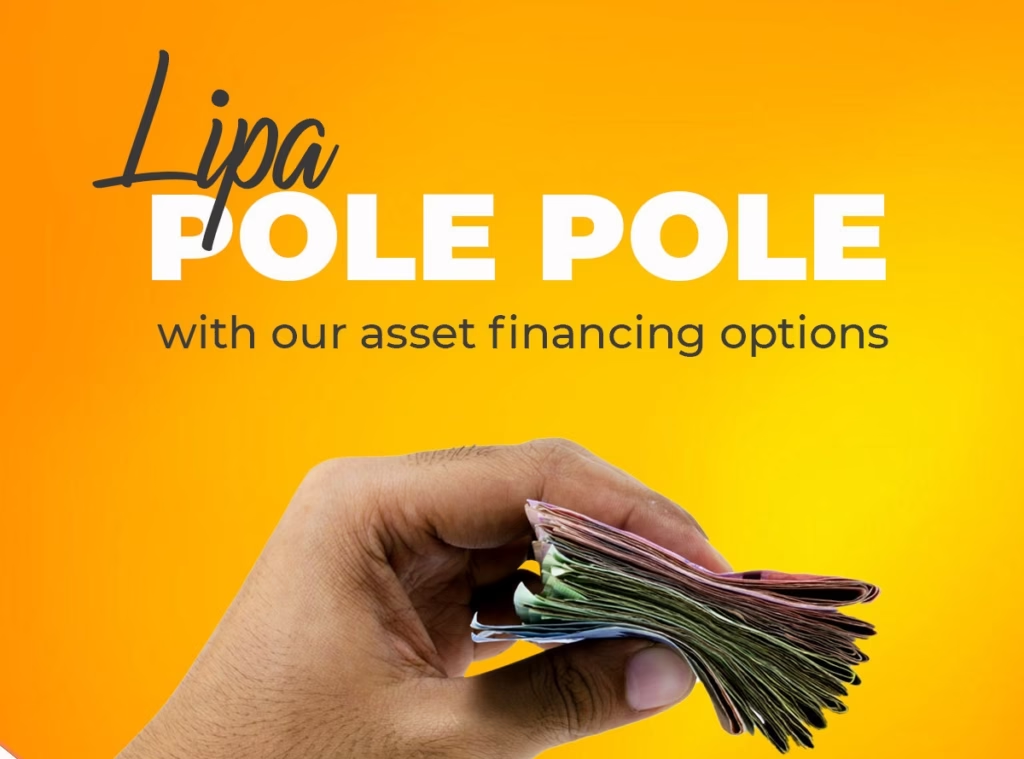
In Kenya, the phrase “Lipa Mdogo Mdogo,” which translates from Swahili as “pay little by little,” has evolved into more than just a catchy slogan; it’s a powerful financing model transforming how people acquire essential goods. Whether it’s smartphones, cookers, or even vehicles, Lipa Mdogo Mdogo has opened up opportunities for millions of Kenyans to own items that were once out of their financial reach.
What Is Lipa Mdogo Mdogo?
Lipa Mdogo Mdogo is essentially a hire purchase model where consumers pay an initial deposit on an item, then settle the remaining balance in small, manageable instalments: daily, weekly, or monthly. This model has become particularly appealing in a country where access to traditional credit is limited for a significant portion of the population.
It provides an alternative to paying the full amount upfront, allowing consumers to budget more effectively while still enjoying the benefits of ownership. With a structure designed around flexibility and affordability, the model has grown quickly across various sectors.
How It Works:
- Initial Deposit:
Customers start by paying a deposit, which varies depending on the item being purchased.
- Instalments:
The rest of the payment is made in smaller amounts over a period ranging from weeks to months. Payment intervals and terms are usually agreed upon at the point of sale.
- Ownership:
Once all payments are completed, full ownership is transferred to the buyer, making it a popular choice for working-class consumers and small business owners alike.
Where It is Being Used:
Smartphones:
Safaricom, Kenya’s leading mobile network provider, has been at the forefront of promoting Lipa Mdogo Mdogo for smartphones. Partnering with manufacturers like Samsung, Nokia, and Transsion, they offer affordable 4G devices. This initiative has enabled millions to access the internet, facilitating not just communication but access to digital services, education, and mobile banking.
Cookers and Appliances:
Companies like Kopokopo and other local fintech platforms have extended the model to kitchen appliances, especially cookers. These products, essential for everyday life, can now be purchased on flexible terms, especially beneficial to lower-income households seeking to upgrade from traditional cooking methods.
Vehicles:
Even big-ticket items like cars are now being offered through Lipa Mdogo Mdogo. Automotive firms and fintech-backed dealers have introduced installment plans for vehicle ownership, making transportation more accessible for small business owners, taxi drivers, and urban dwellers looking for affordable mobility solutions.
Social and Economic Impact:
Digital Inclusion:
By enabling more people to own smartphones, Lipa Mdogo Mdogo has significantly boosted digital inclusion. Access to mobile internet means improved access to education, e-commerce, digital finance, and even healthcare services.
Economic Empowerment:
This model allows families and entrepreneurs to obtain tools that improve their economic output from mobile phones used in business to vehicles for income-generating transport.
Changing Consumer Behavior:
Hire purchase was once viewed with suspicion, but Lipa Mdogo Mdogo has helped normalize it. It’s shifting how people think about affordability and ownership, embedding installment-based purchasing deep into Kenya’s retail culture.
Challenges and Criticisms:
Despite its advantages, Lipa Mdogo Mdogo is not without its drawbacks.
Higher Total Cost:
Customers often end up paying significantly more than the retail price due to interest and service charges. While the daily payments may seem small, they can accumulate quickly.
Lack of Transparency:
Some critics have labeled the model predatory, with vague terms and conditions. Interest rates are sometimes unclear, and defaults can negatively affect a customer’s credit score or lock their device.
Lipa Mdogo Mdogo is reshaping the way Kenyans interact with finance and ownership. While it empowers consumers and supports digital growth, there’s a need for more transparency, regulation, and consumer education to protect users from potential exploitation. If implemented ethically and responsibly, this model could serve as a blueprint for financial inclusion not just in Kenya but across emerging economies worldwide.
